
OR
‘The global economic system has failed the interest of developing countries’
Published On: February 18, 2024 09:35 PM NPT By: SHREE RAM SUBEDI
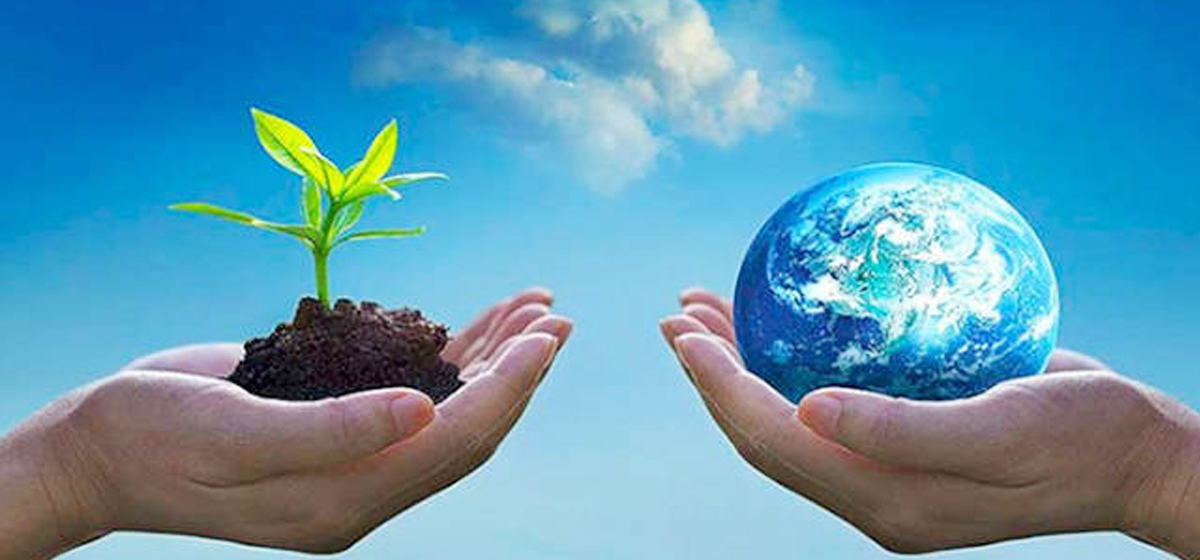
KATHMANDU, Feb 18: The World Climate Justice Assembly held on the occasion of the ongoing World Social Forum in Kathmandu has concluded that the 'broken' global economic system has 'failed' to benefit developing nations.
“We are concerned that the 'broken' global financial system is failing to deliver the quantity and quality of finance and is not favoring the developing countries in meeting their development and climate ambitions," said the manifesto released in Kathmandu on Saturday. Hundreds of civil activists from 15 countries of the world participated in the assembly.
Pointing out that the world system is currently in favor of certain countries and multinational bodies, the declaration states, “We stress an utmost urgency to reform the global financial system that guarantees scale up, predictable, transparent and equitable flow and distribution of finance that aims at facilitating countries transition to low-carbon development, enhancing adaptive capacity, and addressing climate induced loss and damage Balanced governing structure of international financial institutions (IFIs) between developed and developing countries should be part of reform.”
Emphasizing the need to improve the governance structure of international financial institutions, the manifesto issued by the Assembly states, " We assert that developed and emerging developing countries must come with a new financial package for post 2025 that are new and additional public finance as core: consider indebtedness: reaching out at sub-national levels."
Representatives of civil society around the world have expressed their concern about the impact of climate change on the glaciers of the Hindu Kush Himalayan region.
The Himalayan Cryosphere, a vital resource for over 2 billion people, faces an alarming decline of one-third of its glacier volume by the century's end, even with efforts to limit warming to 1.5°C. “Additionally, the loss of 80% of the current glacier volume by the end of the century looms as an unprecedented threat to the region, accelerating species extinction and intensifying hazards like floods, landslides, and droughts,” he said.
Discussing the occurrence of such problems in areas such as the Hind Kush Himalayas, Alps, Andes Ice Range and the Arctic and Antarctica, the manifesto has demanded to increase climate investment in the Himalayan region and make a five-year action plan for the development of the mountain region from 2023 to 2027.
Referring to the fact that the world's average temperature is estimated to increase by 1.5 degrees Celsius this year, the manifesto states, "There is no other way to reverse it than rapid and immediate emission cuts by all countries, corporations and Individuals. We are worried about the lack of urgency from the countries to take ambitious actions to cut emissions and the cost of inaction is already causing irreversible loss and damage, particularly in developing countries.”
Likewise, the manifesto emphasized that climate change mitigation, adaptation and damage should be done based on fairness, equality and justice. Climate action must address the specific and diverse needs of disadvantaged communities, particularly women, children, youth, people with disabilities, and indigenous peoples. They also demanded that meaningful participation in the decision-making process should be ensured.
You May Like This
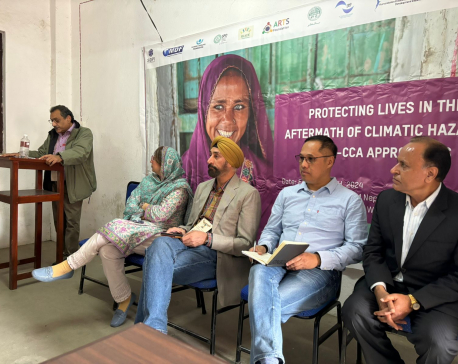
Nature-based solutions key for climate adaptation and disaster risk reduction: Experts
KATHMANDU, Feb 18: Experts during a panel discussion organized at the World Social Forum on Saturday emphasized the importance of... Read More...

Nepal gears up for 16th Conference of the World Social Forum on February 15
KATHMANDU , Feb 8: Nepal will host the 16th Conference of the World Social Forum (WSF) at Bhrikutimandap, Kathmandu from... Read More...
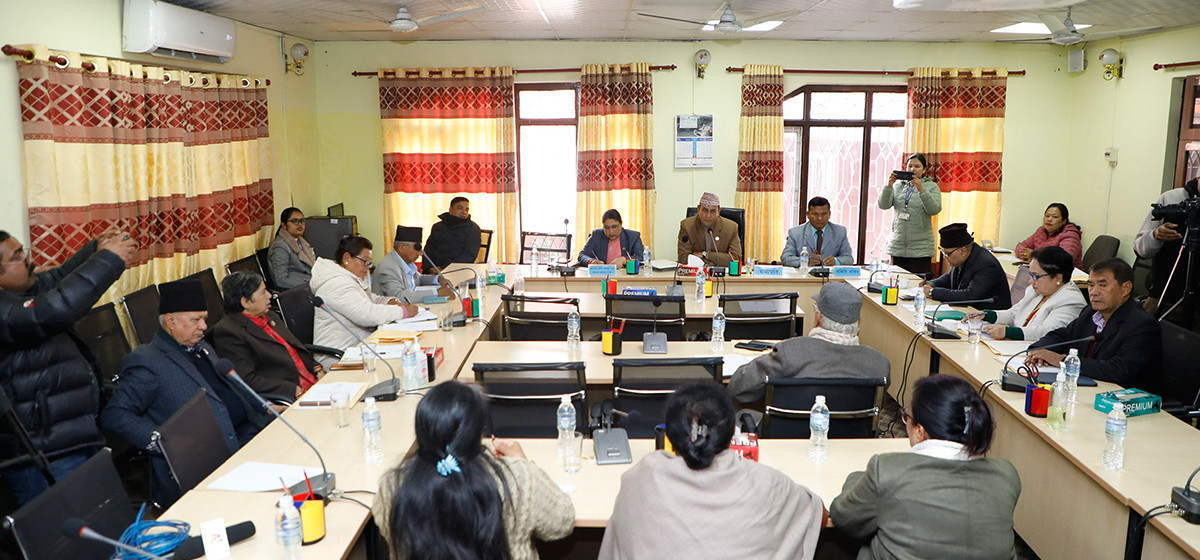
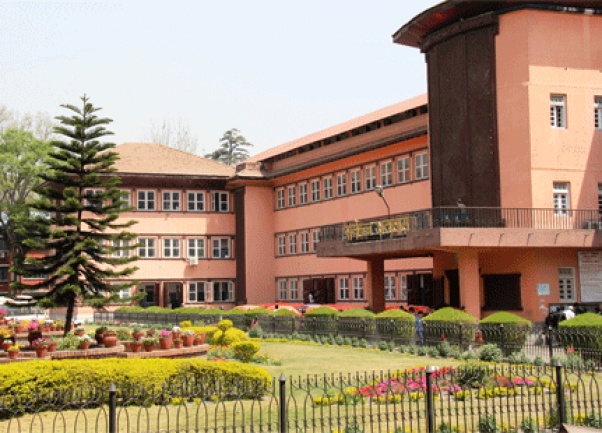
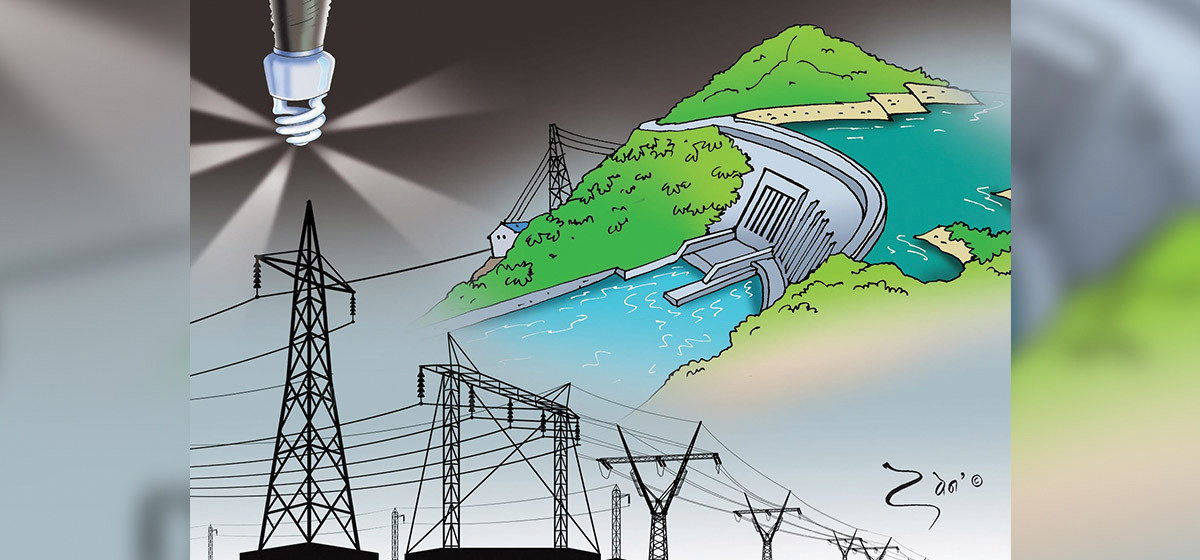


Just In
- Four parliamentary committees holding meeting today
- Turkey halts all trade with Israel over military actions in Gaza
- New York Writers Workshop and Himalayan Literature Festival to kick off on May 22
- SC summons Timilsina to record statement
- 31st World Press Freedom Day being observed today
- Nepal will need an investment of Rs 6.1 trillion to produce 28,500 MW of electricity by 2035
- Wheat protests
- Govt urges ISPs to settle outstanding tax liabilities amid internet service disruptions




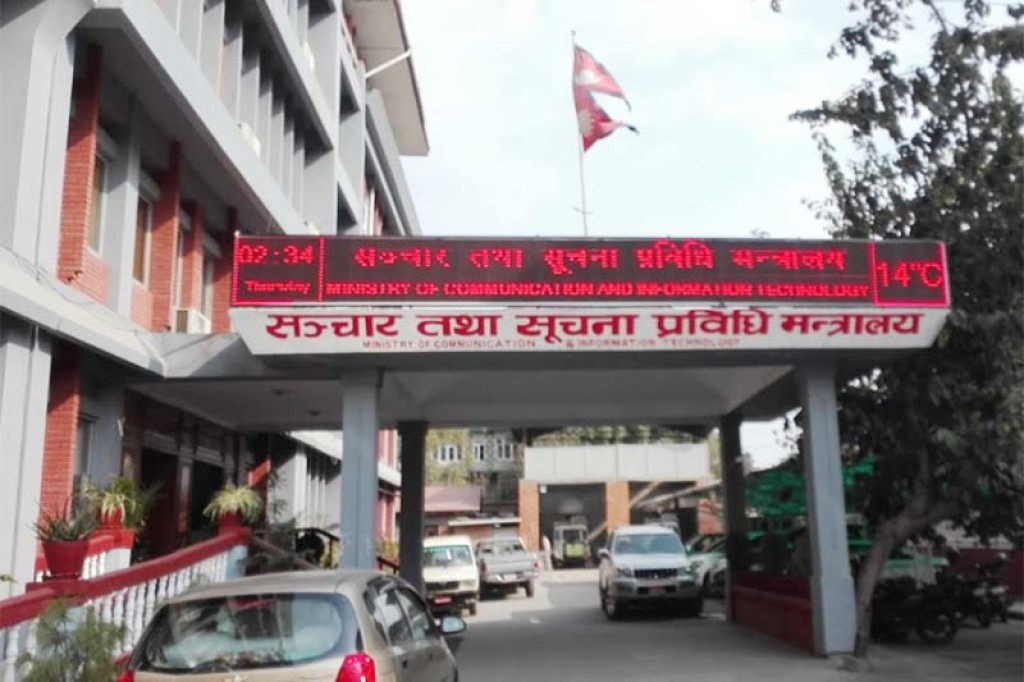






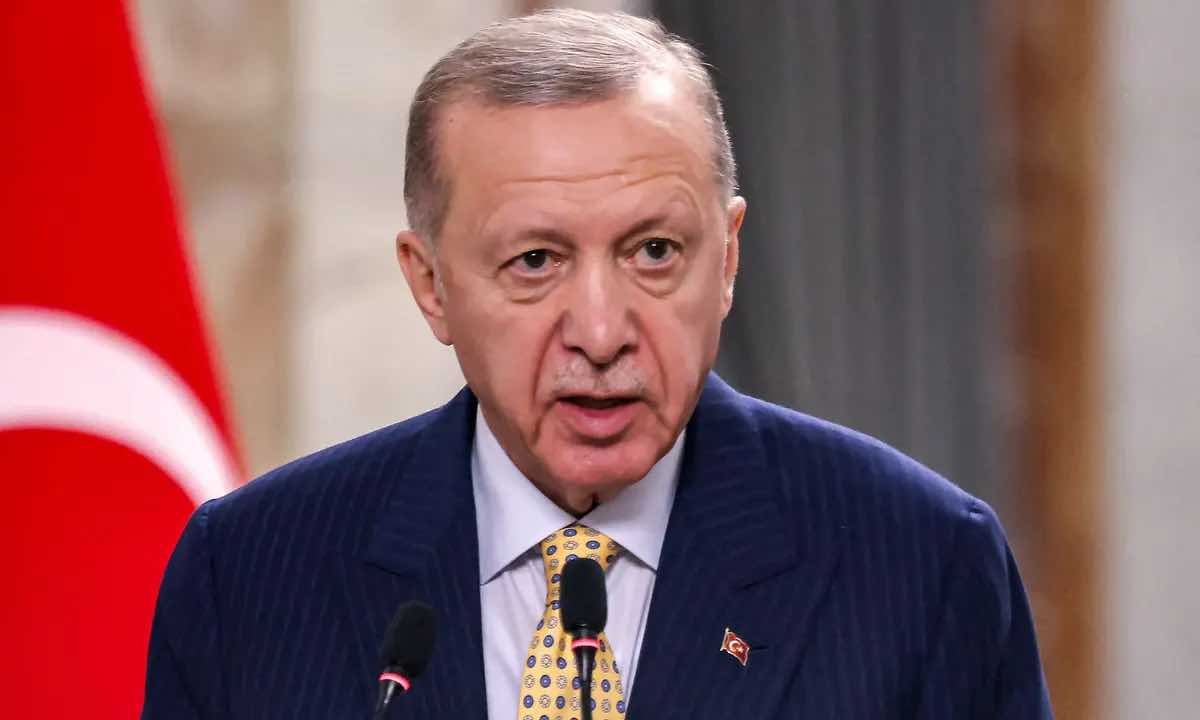


Leave A Comment